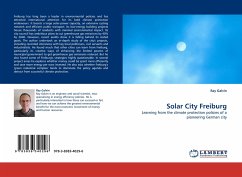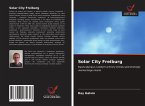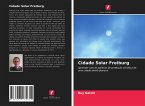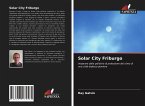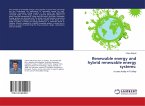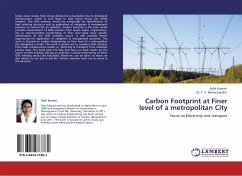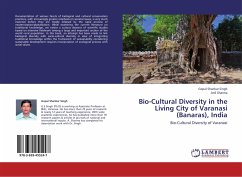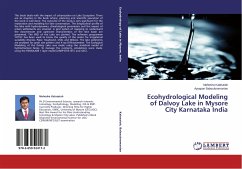Freiburg has long been a leader in environmental policies and has attracted international attention for its bold climate protection endeavours. It boasts a large solar-power capacity, an extensive cycling network and efficient public transport. Its low-energy building projects house thousands of residents with minimal environmental impact. Its city council has ambitious plans to cut greenhouse gas emissions by 40% by 2040. However, recent audits show it is falling behind its stated goals. The author undertook an in-depth study of the city's projects, including recorded interviews with key local politicians, civil servants and industrialists. He found much that other cities can learn from Freiburg, particularly its creative ways of enhancing the limited powers of municipal government to get greenhouse gas emissions reduced. But he also found some of Freiburg's strategies highly questionable. In several project areas he explores whether money could be spent more efficiently and save more energy per euro invested. He also asks whether Freiburg's 'green industrial complex' tends to dominate the policy agenda and detract from successful climate protection.

